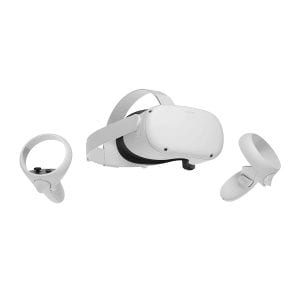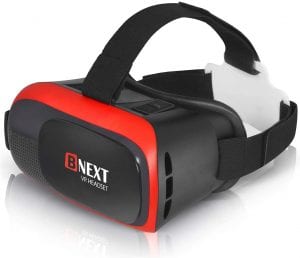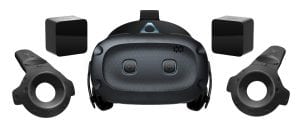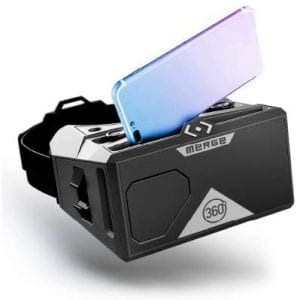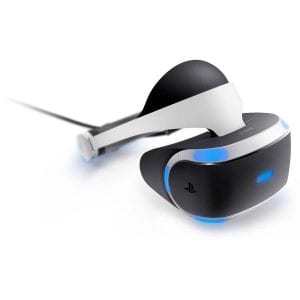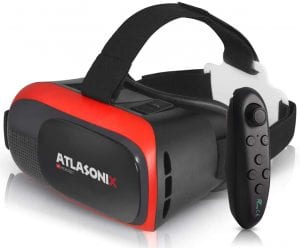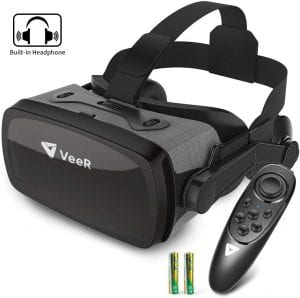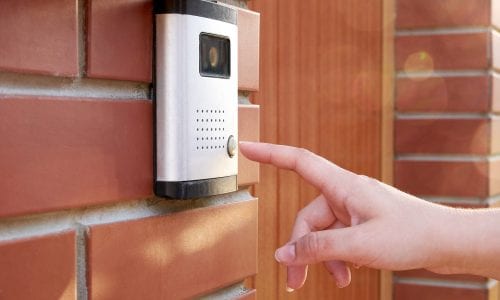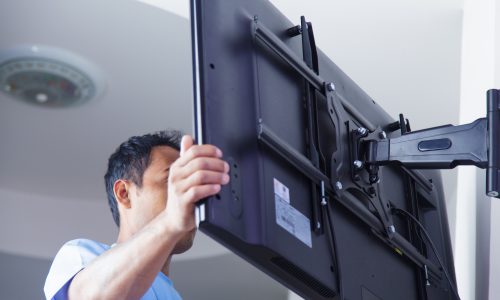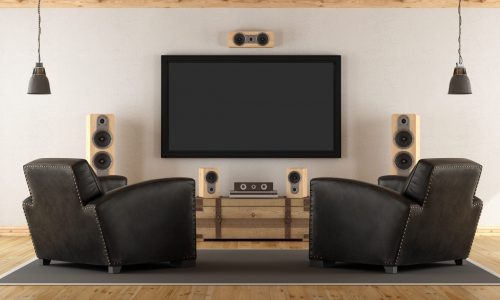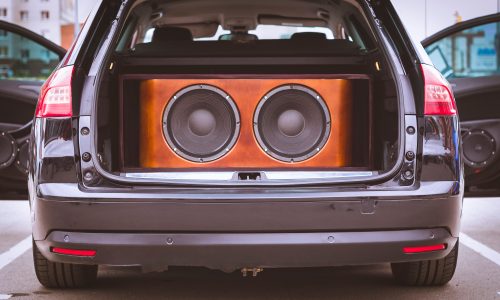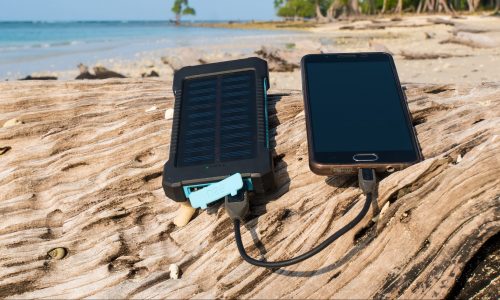The Best VR Headset

Our Review Process
Don't Waste Your Money is focused on helping you make the best purchasing decision. Our team of experts spends hundreds of hours analyzing, testing, and researching products so you don't have to. Learn more.
Our Picks For The Top VR Headsets
- 1. Oculus Quest 2 64 GB VR Headset
- 2. BNEXT iPhone & Android Conpatible VR Headset, Red
- 3. HTC Vive Cosmos Elite VR Headset
- 4. MERGE Augmented VR Headset, Moon Grey
- 5. Sony PlayStation 3001560 VR Headset
- 6. Atlasonix Adjustable VR Headset, Red & Black
- 7. VeeR Falcon 6.3-Inch Display VR Headset & Controller
You won't miss a detail in this complete immersive experience, thanks to the fast processor and high-resolution display. The touch controllers transport each movement into virtual reality. This headset comes with two touch controllers, charging cable, power adapter, batteries and a glasses spacer.
Catch Every DetailThis VR headset features a fast processor and high-resolution display.
This VR headset is fully adjustable and has a comfort-fit experience, eyesight protection system and soft nose piece. It is perfect for watching movies or gaming. It is compatible with smart phones with a 4-inch to 6.3-inch screen.
Perfect for Kids and AdultsThis VR headset is comfortable to wear and fully adjustable.
This flip-up design enables you to go seamlessly between reality and virtual reality. You have access to hundreds of apps, games and videos with this headset. It features a 2880 x 1700 combined pixel resolution.
Flip-Up DesignYou can easily go between reality and virtual reality with this VR headset.
This VR headset is ideal for taking virtual field trips to a variety of places, including space. It is highly durable and made out of rugged foam. The headset is designed to work with the Merge Cube in addition to other compatible devices.
For Virtual Field TripsYou can go to the solar system, explore dinosaurs and travel the world with this VR headset.
Buying Guide
Virtual reality is no longer a dream of the future. Today, you can enjoy virtual reality games, videos and experiences by using a VR headset, which is like a thick pair of goggles that covers your eyes. Some VR headsets are also accompanied by high-quality headphones for your ears, while others can be used with any kind of headphones. A VR headset also includes tracking sensors, which show the wearer’s movements in the virtual reality world. The VR headsets enable you to participate in virtual reality and see things as though you are really in the simulation.
There are three different types of VR headsets, each with its own advantages and drawbacks. A tethered headset, as the name suggests, is one that has a connection to a computer or game console via a cable. These are powerful because of their direct connection and ability to transmit high-quality VR signals to the wearer as compared to other kinds of VR headsets. You also have a wider variety of VR games and content to choose from when using a tethered headset. However, because there is a literal cord connecting you to the computer or game console, there is limited mobility. Wearers also run the risk of tripping on the cord during their VR experience.
The opposite of a tethered headset is an untethered one, which does not need a connection cable to a computer or game console. They use a Wi-Fi connection to transmit VR content to the wearer; however, the quality of the signal is not as good as with a tethered headset. As a result of being less powerful, many untethered headsets cannot access certain VR content libraries or games. Because there is no cord, wearers have far more freedom of movement than with a tethered VR headset and a more immersive experience overall.
A smartphone headset is not tethered to a device. It has a spot in the headset where your smartphone goes, which provides the VR signal. These types of headsets can only be used with certain content libraries as they are not very powerful. They typically don’t offer any motion tracking and have a less immersive experience as compared to tethered and untethered headsets. They are good for experiencing VR if you just want to look around but not fully participate.
What to Look For
- One of the most important elements to consider when you’re buying a VR headset is what kind of content you want to experience. This will affect the type of VR headset you need. For example, if you primarily want to use your VR headset for gaming, then the best option would be a tethered headset because it is the most powerful and has access to the widest variety of content. If you want to watch immersive performances, then a smartphone headset will do because it is ideal for this type of content. If having a fully immersive experience is important to you and you don’t want to be physically tied down by a cable, then go with an untethered headset.
- When it comes to the actual visual experience, you’ll want to take note of the performance metrics of the VR headset. Pay attention to the refresh rate and resolution in this case. For the most part, tethered headsets will provide the highest-quality visual experience.
- One element many people forget to consider when choosing their VR headset is the amount of space they have to play in the real world. For example, are you going to be using your VR headset in your cramped bedroom or do you have a large living room to play in? The amount of real-world space will affect your virtual reality experience, and can also dictate what kind of VR headset you choose to get. If you have a small space, then a tethered headset is a good choice because you do not have room to move around much. However, if you do have a large playing area, then choosing an untethered headset may work for you and enhance your experience.
- Comfort is a fairly subjective aspect, but it should be on your list of things to check when buying a VR headset. Check to see whether the headset is padded, and if so, how many layers does it have. You’ll also want to look at the earpieces to see if they are something that works for you. You’ll need to note how much the headset weighs and whether it has adjustable straps to provide a custom fit. Plus, if you wear glasses, you’ll need to ensure that the headset can fit over them comfortably.
- Be sure to look at the specifications of the computer or gaming console you are using the VR headset with and whether it can support the quality you’re looking for. Typically, you’ll want to use a gaming PC for gaming in VR, otherwise, the environment will not render correctly or look as smooth.
More to Explore
While many people consider gaming to be the main use for virtual reality headsets, they are also used in different ways by many other industries. For example, in the travel industry, hotels and resorts use virtual reality to show guests what their rooms and amenities will be like if they choose to book with them. In healthcare, virtual reality is used to create 3D software models to help surgeons determine the optimal place for incisions. At NASA, virtual reality technology helps engineers work with the devices they plan to send into space. The U.S. military, on the other hand, uses VR for training soldiers before they are deployed into combat situations. The immersive experience of virtual reality can benefit many different industries, other than just gaming.

